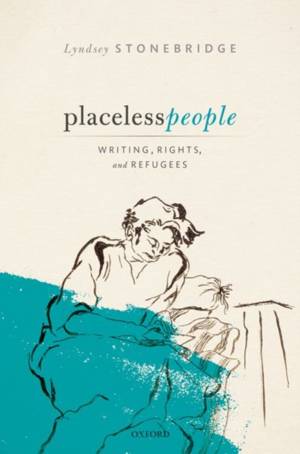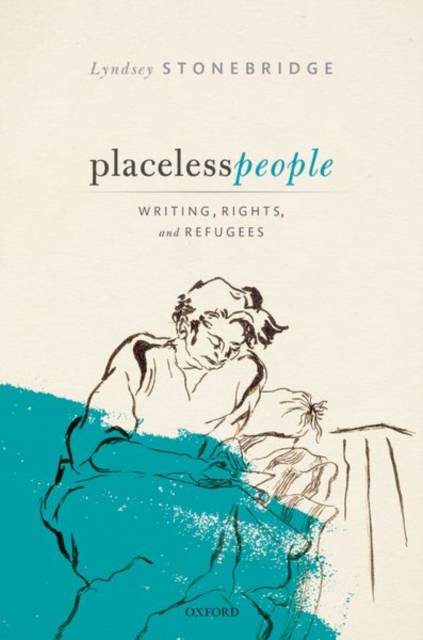
- Afhalen na 1 uur in een winkel met voorraad
- Gratis thuislevering in België vanaf € 30
- Ruim aanbod met 7 miljoen producten
- Afhalen na 1 uur in een winkel met voorraad
- Gratis thuislevering in België vanaf € 30
- Ruim aanbod met 7 miljoen producten
Zoeken
€ 75,95
+ 151 punten
Omschrijving
In 1944 the political philosopher and refugee, Hannah Arendt wrote: 'Everywhere the word 'exile' which once had an undertone of almost sacred awe, now provokes the idea of something simultaneously suspicious and unfortunate.' Today's refugee 'crisis' has its origins in the political-and imaginative-history of the last century. Exiles from other places have often caused trouble for ideas about sovereignty, law and nationhood. But the meanings of exile changed dramatically in the twentieth century. This book shows just how profoundly the calamity of statelessness shaped modern literature and thought. For writers such as Hannah Arendt, Franz Kafka, W.H. Auden, George Orwell, Samuel Beckett, Simone Weil, among others, the outcasts of the twentieth century raised vital questions about sovereignty, humanism and the future of human rights. Placeless People argues that we urgently need to reconnect with the moral and political imagination of these first chroniclers of the placeless condition.
Specificaties
Betrokkenen
- Auteur(s):
- Uitgeverij:
Inhoud
- Aantal bladzijden:
- 260
- Taal:
- Engels
Eigenschappen
- Productcode (EAN):
- 9780198797005
- Verschijningsdatum:
- 25/12/2018
- Uitvoering:
- Hardcover
- Formaat:
- Genaaid
- Afmetingen:
- 155 mm x 236 mm
- Gewicht:
- 566 g

Alleen bij Standaard Boekhandel
+ 151 punten op je klantenkaart van Standaard Boekhandel
Beoordelingen
We publiceren alleen reviews die voldoen aan de voorwaarden voor reviews. Bekijk onze voorwaarden voor reviews.











